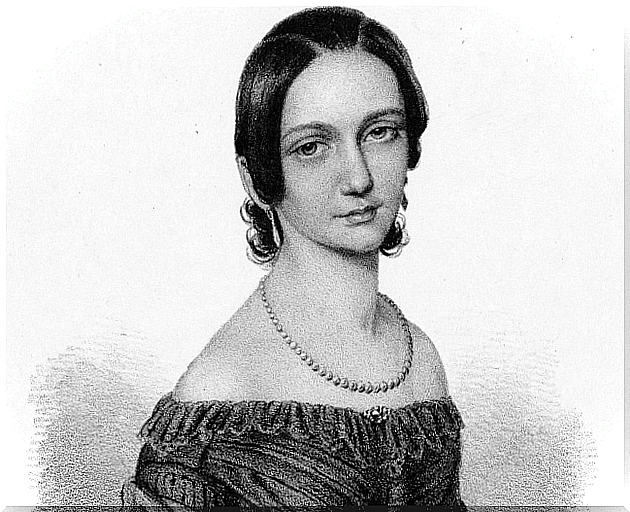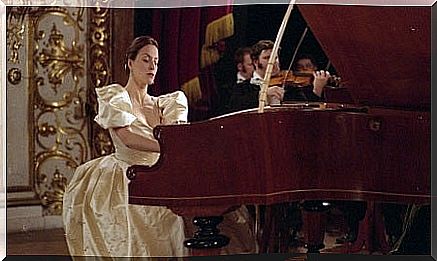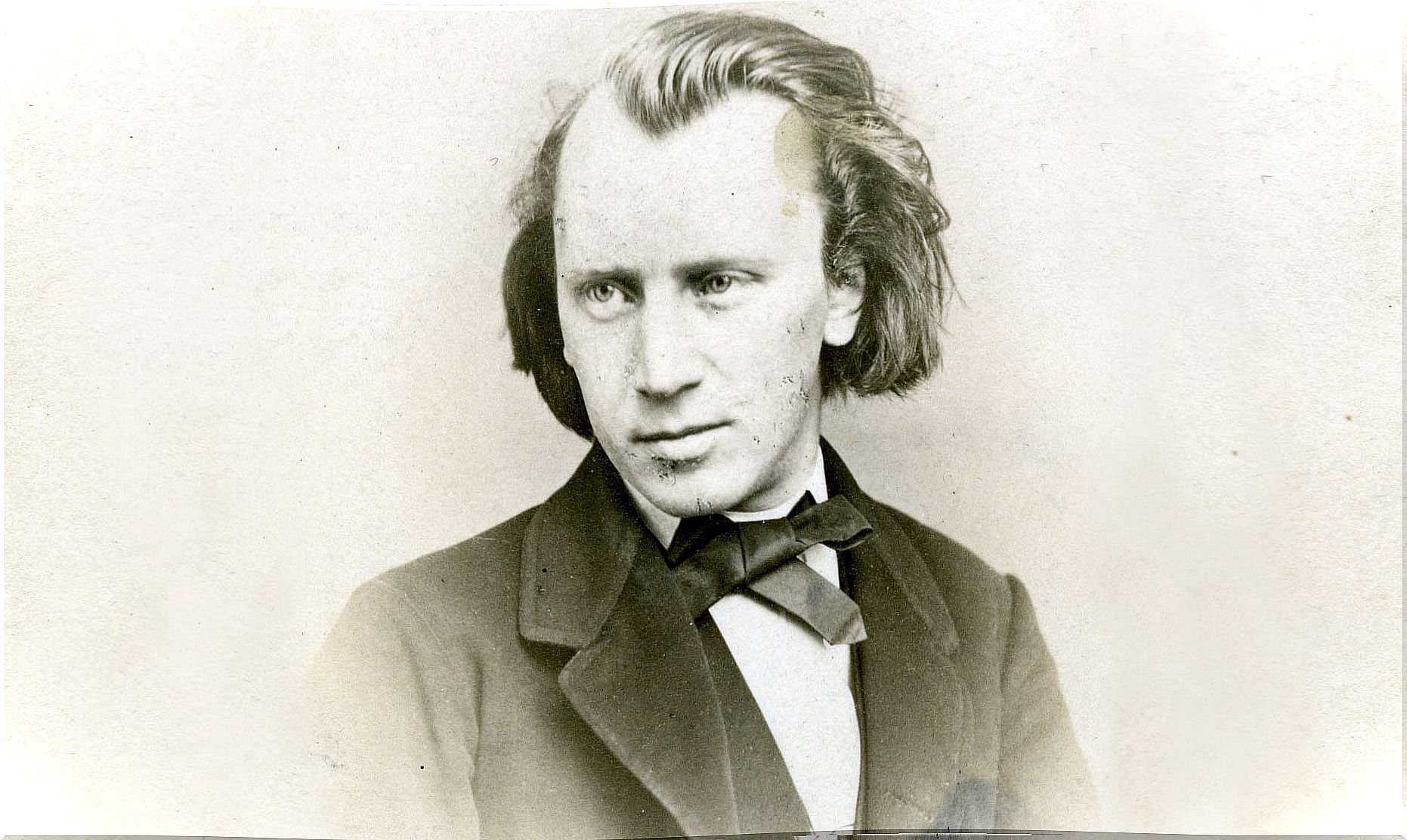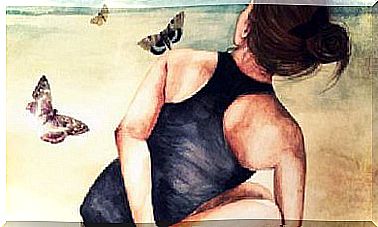Clara Schumann, The Pianist Of Romanticism

If we think about the figure of women in the 19th century, we may put our hands to our heads. If, in addition, we add artistic attributes such as musical virtuosity, we will directly imagine a languid and dissatisfied young woman, sad, apathetic and submissive. But that’s clearly because we don’t know Clara Schumann.
In an era marked by modesty, “good manners” , exacerbated religiosity and austerity, the role of women was, to say the least, servile. Condemned to housework and raising their children, millions of women abandoned their desire for knowledge with no alternative, dejected.
Only some remained impassive, thanks to, everything is said, a good family economic position. One of them was the great composer and pianist Clara Schumann.
Clara Schumann: a child prodigy
The daughter of a piano teacher and a renowned singer and pianist, she was trained by her father to become a successful concert performer. From a very young age, she practiced infinite hours a day in order to meet her parental expectations, although she never complained about it.
Very soon he began to perform recitals that became his best letter of introduction. The first was in the famous Gewandhaus concert hall in Leipzig, and this was followed by many others on a tour of Paris in 1830, which turned out to be his rise to fame.
Following her early triumphs, Clara began to compose music, and in 1837 she published her Cuatro Polonaises for piano. At that point, he was also playing the violin and counterpoint, as well as having a melodious voice and great musical knowledge.

However, despite her undeniable talent, the young woman never considered herself good enough. He constantly compared himself to his male rivals; she thought she was an ugly woman and often felt very pressured and burdened by her father.
Although it is true that he composed very little, his works are really brilliant. The reason for his autoboicot can be found in the constant anxiety generated by various episodes in his life.
The divorce of her parents, the death of some of her children, the suicide of her husband and her role as a devoted wife and mother (as well as a concert performer) were events that marked her, and not precisely for the better.
Robert Schumann and the beginning of the end
When Clara was 11 years old, her father took in a young piano student, Robert Schumann. Despite the age difference (he was nine years older), it didn’t take long for them to bond very closely. First, as friends; later, as lovers.
In 1937, when they turned 18, Clara and Robert asked her father for permission to marry. The music teacher refused, and that reaction spelled the beginning of the end for his relationship with Clara.
After several years of legal battles, the young lovers were finally able to marry. It was the day before Clara turned 21 years old, and, although later she would resume the relationship with her father in an epistolary way, things never went back to the way they were before.
The fear that his daughter was with a “loser” haunted him. His daughter tried to convince him that everything would work out, but shortly after Robert suffered a home accident and one of his hands was seriously affected. This cut short his career as a pianist but, far from being a disgrace, it allowed him to dedicate himself to music criticism and composition.
two men and one destiny

For years, Clara performed, edited, and modified Robert’s compositions. He loved having the opinion of his wife, whom he admired tremendously. However, the arrival of a new character in their lives would soon turn everything upside down.
Johannes Brahms was a young concert performer who quickly became friends with the couple. He went to eat at his house regularly; they shared interesting evenings and got along quite well with the children. With their mother, in fact, he connected in a very special way, since they both had very similar sensitivities.
Therefore, it is not surprising that in the end Brahms fell in love with the pianist and declared his love for her countless times despite the fact that she was married and almost 15 years older. Little is known of the beginning or the duration of their relationship; although it is true that he was supporting the family before and after Robert’s death.
After the death of the composer, both moved to Vienna with her children, where they remained until the death of both, a year apart.
The brilliant musical career of Clara Schumann ended in parallel to her life trajectory: in a soft, subtle, elegant way and, at the same time … terribly tragic.









